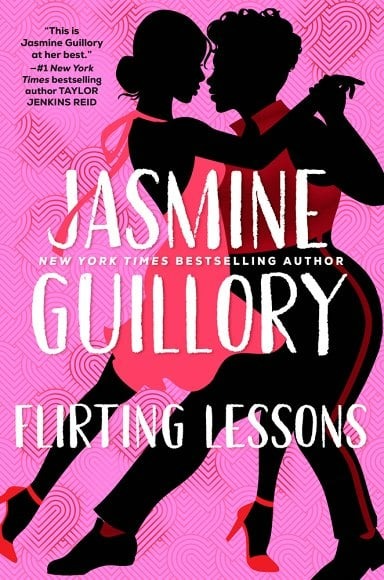Published in 1985 by Jeanette Winterson, the classic novel Oranges Are Not the Only Fruit hits home on a young girl coming of age and beginning to question her sexuality.
The protagonist, Jeanette, has been adopted by stringent Pentecostal evangelists. As she grows up, she is expected to one day be a missionary. Her mother in particular pushes Jeanette to pursue this dream. Together, the family listens on the radio to missionaries converting unbelievers, attend church for intense sermons, and learn as much from the Bible as they can. Jeanette is an outcast at school because her beliefs set her apart from the other kids; her only true friend is Elsie, an elderly woman who encourages Jeanette in her work. One day however, Jeanette meets Melanie, and begins to feel the first stirrings of attraction. This causes uproar in her family and community, leading Jeanette to make her own decisions about her future.
Oranges Are Not the Only Fruit is a mixture of humor and sadness as the story follows Jeanette in her journey to awakening. And the journey is full of ignorance and a lack of understanding. Jeanette loves God and Melanie, but her pastor tells her she cannot love them both. She is surrounded by people who do not understand her; her mother and community believe she has allowed the devil to take her with “unnatural passions.” It was heartbreaking at times to read of how Jeanette was treated by people she had known her whole life. The homophobic remarks were infuriating. People fear what they do not understand, and the characters in this book were no exception.
Winterson brilliantly captured Jeanette’s struggles to find her own place while reconciling her attraction to women. As the novel progresses, Jeanette begins to question her beliefs and challenge her society’s rules. The reader can see her getting more independent with every page. Her growth from a young girl to a mature woman exploring the world around her was liberating in a way.
Throughout the book, there are stories interwoven with the main plot. These stories hold a message relevant to what Jeanette is going through. Every chapter of Oranges is marked by the name of a Bible story, starting with Genesis and ending with Ruth. My favorite chapter was Deuteronomy. Though short, in it Jeanette ponders questions about history and how easily people change it to match their beliefs.
Lesbianism is not the main subject touched on in the novel; religion and questioning are at the forefront. It’s no surprise; Jeanette’s beliefs are important to her and she built a lot of her dreams and plans on it. She works hard to make sense of her faith and the world around her. That makes her the strongest character of the book in my opinion, and more endearing.
I can see why Oranges Are Not the Only Fruit is a classic; the novel prompts readers to question society, religion, and prejudice. Some may find the subjects too heavy, but this book has important messages, and should be read by everyone, gay or straight.



Aura Eadon says
One of my favourite authors and definitely one of my favourite books. My personal favourite of hers is the “Written on the Body” in which she manages to paint and make music with words while taking the reader on a breathless journey across love and passion.
Sheila Morris says
Really good review of this classic…thanks!